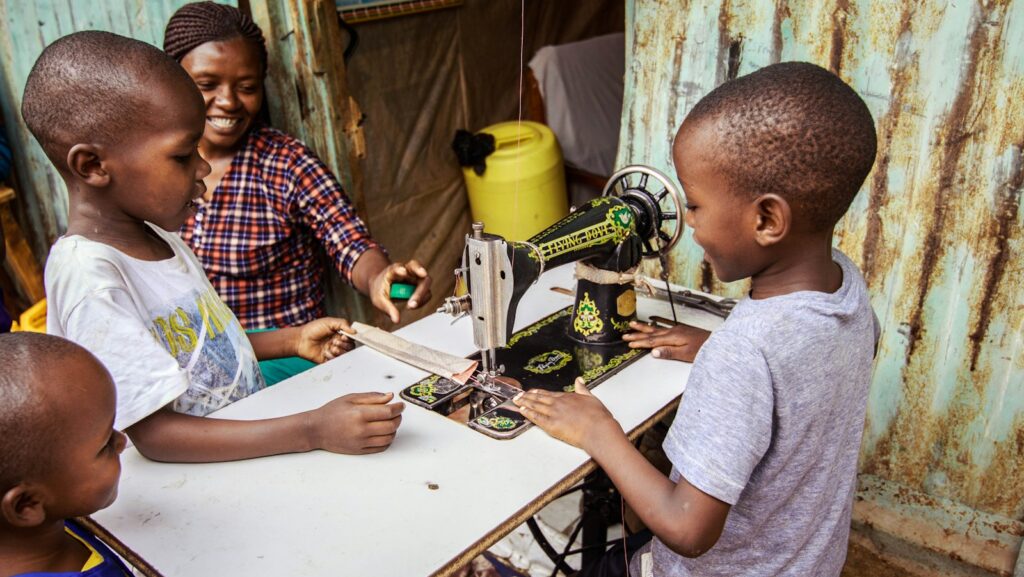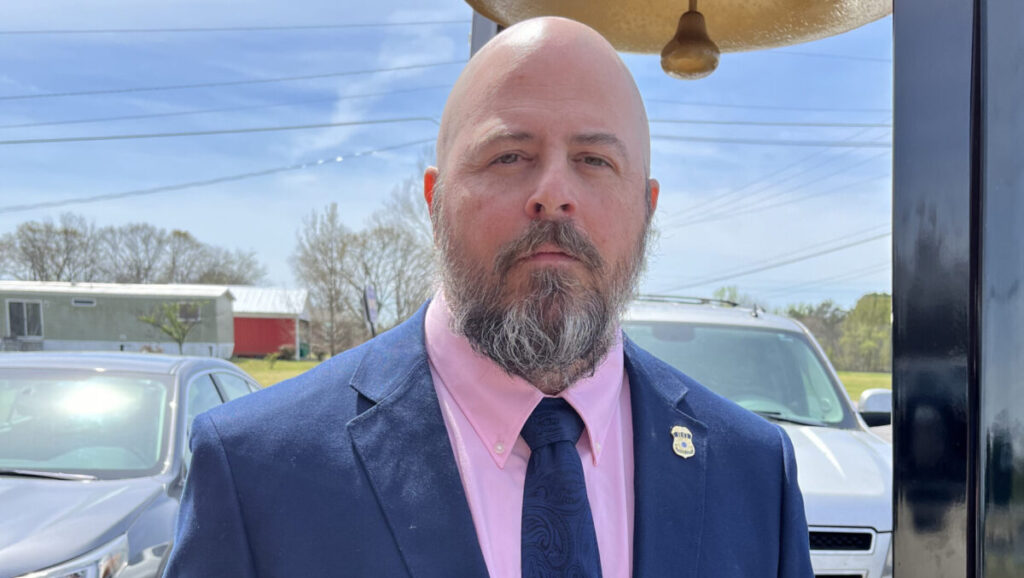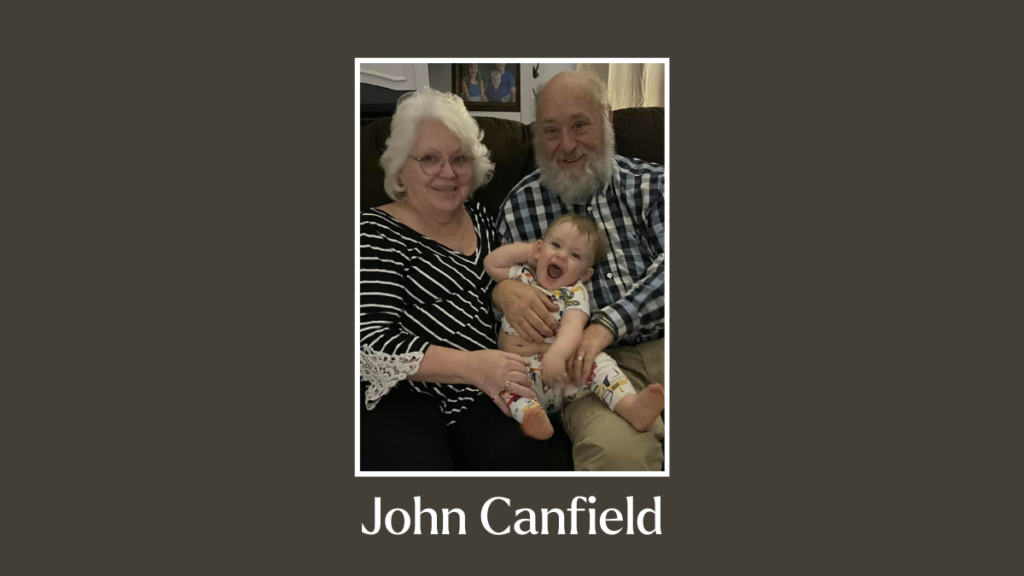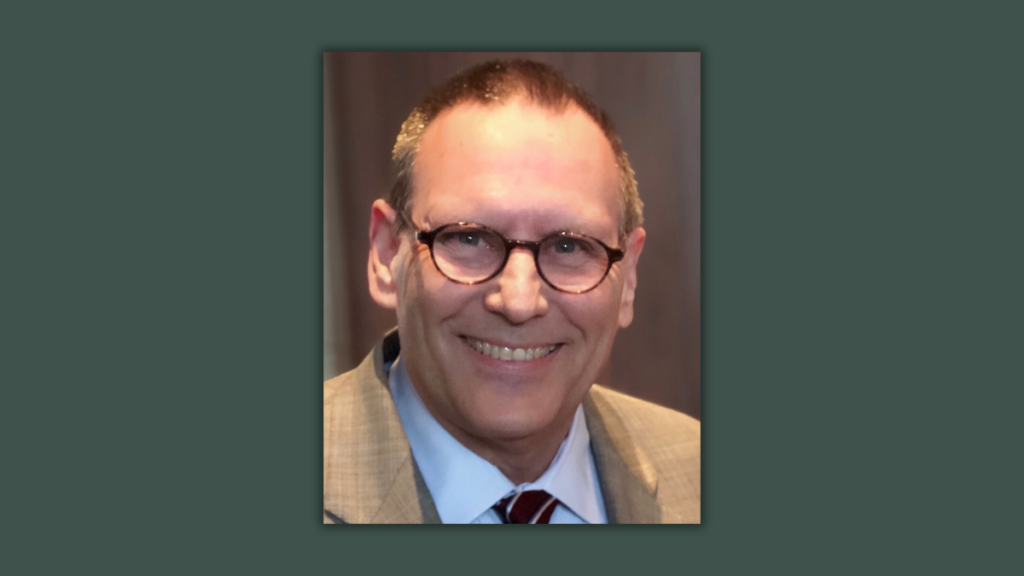The Alabama Baptist Children’s Homes & Family Ministries has had to shift its model for providing care to foster children in the past few years because of legislation passed by Congress. For the most part, the shift entailed moving from group care to community-based foster homes.
The Family First Prevention Services Act of 2018 reduced the number of children living in group care and emphasized placements with relatives, said Michael Smith, chief operations officer for ABCH.
“Part of that legislation changed the way that we do things because in a lot of our group care homes across the state, we were caring for larger sibling groups,” Smith said. “When it might be hard to find a foster family who could take four or more siblings together, a lot of times we could place them in the same home.”
In 2020, the Alabama Department of Human Resources largely stopped placing children under the age of 13 in group care, Smith said. “That drastically diminished the number of kids that would meet our age criteria and us be able to operate our campus-based group homes efficiently and effectively.”
In fact, the number of children ABCH was able to care for under the new guidelines dropped to less than half of its capacity.
Response
Over the next couple of years, ABCH considered various models and decided to recruit larger foster families to live in former group care homes. They pay a small amount for rent and utilities.
“They became campus-based foster homes,” Smith said. “Those families are just like regular foster families in the community, but they’re living in the homes that we had already built for larger groups.”
That option allows ABCH to care for children from birth to seniors in high school, but it decreases the overall number of children that are in care because the law mandates no more than six children in a community-based foster home, he said.
ABCH has seven such homes throughout Alabama.
“We also have about 278 families across the state that are licensed by ABCH to be foster families in their own homes. That is a far more cost-effective form of care,” Smith said.
ABCH “did not choose to end our group care program,” Smith said. “We were responding to the legislation that was put in place that made that form of care impossible for us to continue.”
Even so, the ministry is committed to serving more children than ever in the years ahead.
Setting new goals
By 2031, when ABCH will mark its 140th anniversary, leaders hope to have 600 foster care homes in Alabama serving 1,000 children. Each year beginning at that time, they have goals of reunifying 250 children with their biological families, seeing 50 children in their care adopted and seeing 50 professions of faith.
“We may have to be more focused on community foster care going forward to meet those goals,” Smith said.
ABCH also hopes to hire social workers who will focus on family reunification, Smith said, “but for us to do that, we’re going to have to raise some additional funds.”
The ministry receives a portion of support from the Cooperative Program, and while they are grateful for that essential income, “it’s not nearly enough to serve all of the children and families that we work with.”
“When churches purposefully put us in their budgets or do an annual offering to ABCH, that money is able to go to kids in the areas where the churches are located,” Smith said.
“For instance, if a church in Enterprise makes a donation out of their budget or offering to ABCH, that money can go directly to providing homes and support for those children and families right there in their immediate area.”
Camp of Champions
ABCH hosts an annual Camp of Champions for their foster families.
“This year we had almost 1,000 people together at Shocco Springs (Baptist Conference Center in Talladega) for our camp weekend where we give our foster parents a break,” Smith said. “They get a couple days of training, and the staff takes care of them.”
“There’s a foster parent link on there about how to get involved, and you can put in your information and one of our social workers from your area will call you and help you get started with that process or answer any questions,” Smith said.
“It’s a big commitment to take another child into your home. However, if you do it with ABCH, you have a social worker who will be assigned to you and the children in your home and will walk with you through that entire journey, and all of the expertise and resources of ABCH will be behind you to make that journey as successful as possible.”






Share with others: